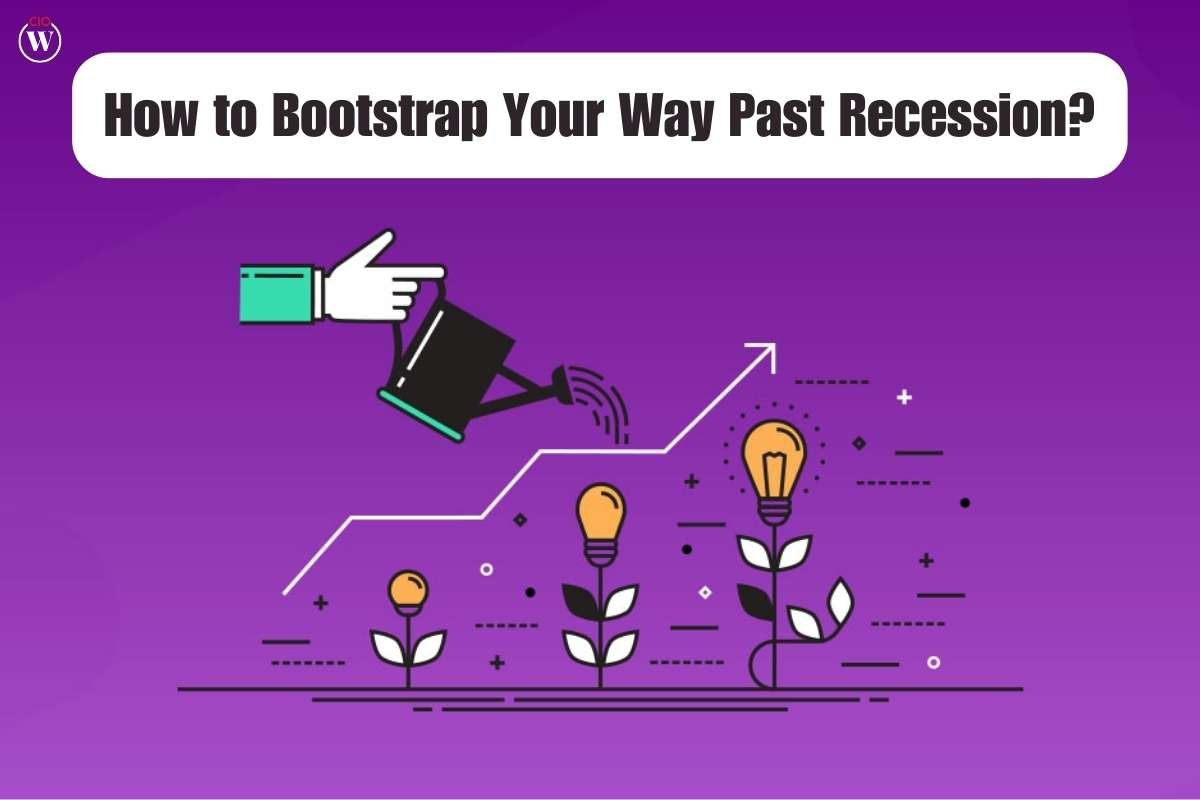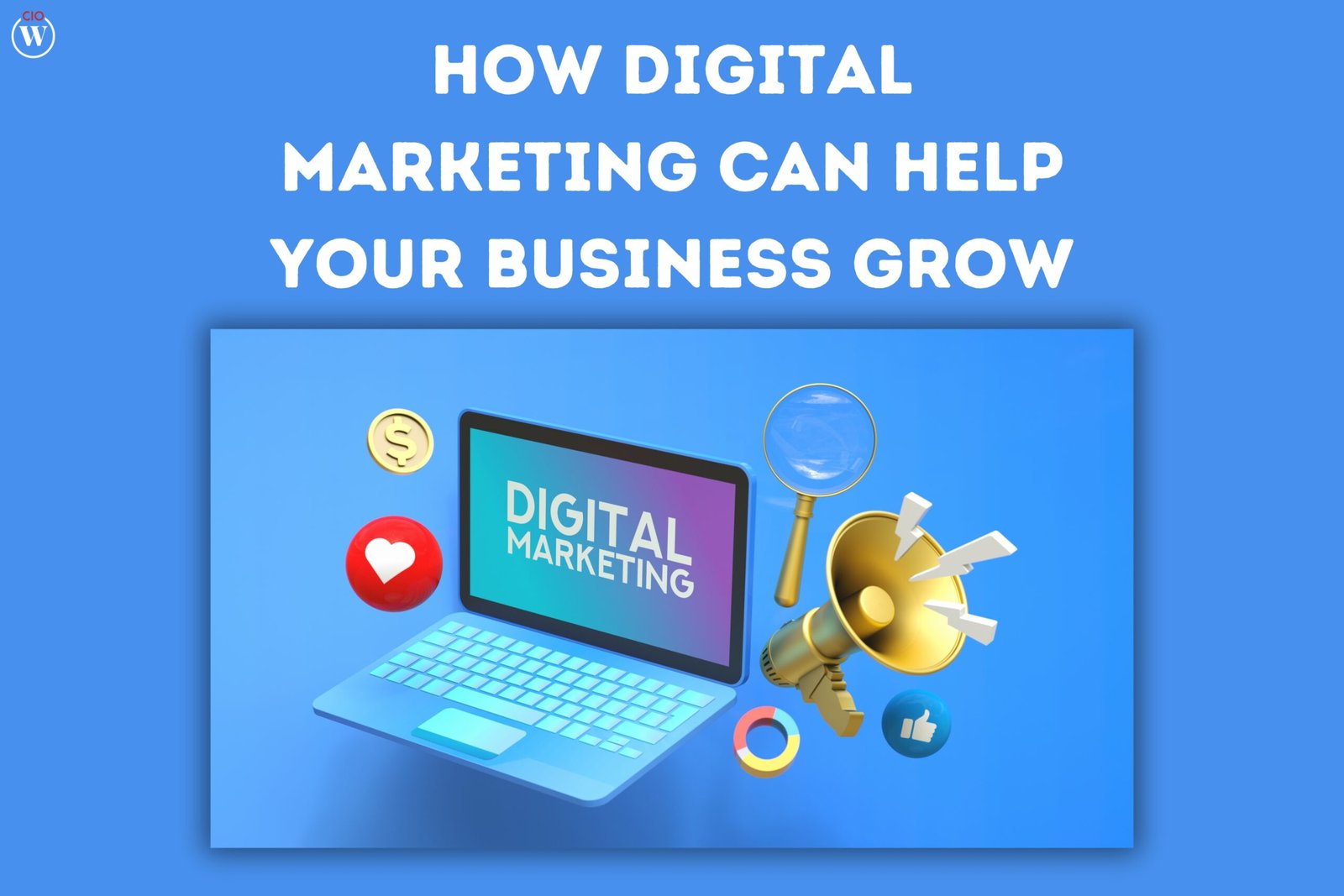Bootstrap your way past recession are a part of the economic cycle, and they can occur at any time, without any prior warning. While some may view recessions as periods of doom and gloom, others view them as opportunities to build a business or jump-start their careers. This is because, during recessions, the economy is usually in a state of decline, which can create gaps in the market that entrepreneurs can fill.
However, starting or growing a business during a recession can be a challenge due to reduced funding, decreased consumer spending, and increased competition. This is where bootstrapping comes in. Bootstrapping is a term used to describe the process of starting or growing a business with little or no external funding. In this article, we will explore how you can bootstrap your way past recession.
Here is how to bootstrap your way past recession;
1. Start with a Solid Plan
Before you begin to bootstrap your way past recession, you need to have a solid plan in place. A business plan is a document that outlines your business goals, the strategies you will use to achieve those goals, and the resources you will need. When creating a business plan, it is important to consider the economic climate and how it may impact your business.
In a recession, you may need to adjust your plans to account for reduced consumer spending, increased competition, and reduced funding options. Your business plan should also include a detailed financial plan that outlines your revenue streams, costs, and cash flow projections.
2. Focus on Your Core Competencies

When starting or growing a business during a recession, it is important to focus on your core competencies. Your core competencies are the skills and knowledge that set you apart from your competitors. By focusing on your core competencies, you can provide a unique value proposition to your customers and differentiate yourself from your competition. For example, if you are a web developer, you may want to focus on developing websites for small businesses that cannot afford to hire large web development firms.
3. Utilize Free and Low-Cost Marketing Strategies
Marketing is essential to bootstrap your way past recession, but it can be expensive. During a recession, it is important to find ways to market your business without breaking the bank. There are several free and low-cost marketing strategies that you can utilize, including social media marketing, email marketing, content marketing, and search engine optimization (SEO). These strategies can help you reach your target audience without spending a lot of money.
4. Leverage Technology
Technology can be a great tool to bootstrap your way past recession. By leveraging technology, you can automate tasks, streamline processes, and reduce costs. For example, you can use project management software to manage your team, accounting software to track your finances, and communication tools to stay in touch with your customers and team members. By using technology, you can save time and money, which can be critical during a recession.
5. Build a Strong Network
Building a strong network is essential for any entrepreneur, but it is especially important during a recession. Your network can provide you with support, advice, and opportunities. By building relationships with other entrepreneurs, investors, and mentors, you can gain valuable insights into the market and learn from their experiences. Networking events, social media groups, and online communities can all be great ways to connect with like-minded individuals.
6. Embrace Frugality

During a recession, it is important to embrace frugality. This means cutting unnecessary expenses and finding ways to save money wherever possible. This may involve negotiating better deals with suppliers, finding more affordable office space, or reducing your marketing budget. By embracing frugality, you can stretch your resources further and increase your chances of success.
7. Focus on Cash Flow
Cash flow is critical to the success of any business, but it is especially important during a recession. It is important to have a solid understanding of your cash flow and to manage it effectively. This may involve invoicing your customers on time, reducing your inventory levels, and negotiating better payment terms with your suppliers. By managing your cash flow effectively, you can ensure that you have enough cash on hand to meet your expenses and invest in your business.
8. Be Flexible and Adapt Quickly
During a recession, the market can change quickly, and it is important to be flexible and adapt quickly. This may involve pivoting your business model, changing your product or service offering, or exploring new markets. By being flexible and adaptable, you can stay ahead of the competition and take advantage of new opportunities as they arise.
9. Focus on Customer Service

During a recession, customers are often more cautious about spending money, and it is important to provide them with excellent customer service. By providing exceptional customer service, you can build trust and loyalty with your customers, which can lead to repeat business and referrals. This may involve responding to customer inquiries quickly, offering flexible payment options, and going above and beyond to meet their needs.
10. Stay Positive and Motivated
Starting or growing a business during a recession can be challenging, and it is important to stay positive and motivated. This may involve surrounding yourself with supportive people, practicing self-care, and celebrating small victories. By staying positive and motivated, you can maintain the drive and determination needed to succeed.
BOTTOM LINE
Bootstrap your way past recession can be a challenging but rewarding experience. By following these tips, you can start or grow a successful business without relying on external funding. Remember to start with a solid plan, focus on your core competencies, utilize free and low-cost marketing strategies, leverage technology, build a strong network, embrace frugality, focus on cash flow, be flexible and adaptable, focus on customer service, stay positive and motivated. With these strategies in place, you can navigate the ups and downs of the economic cycle and emerge stronger on the other side.
Also read: Recession Buster – Stop Whining and Nagging, Start Looking for A Solution









